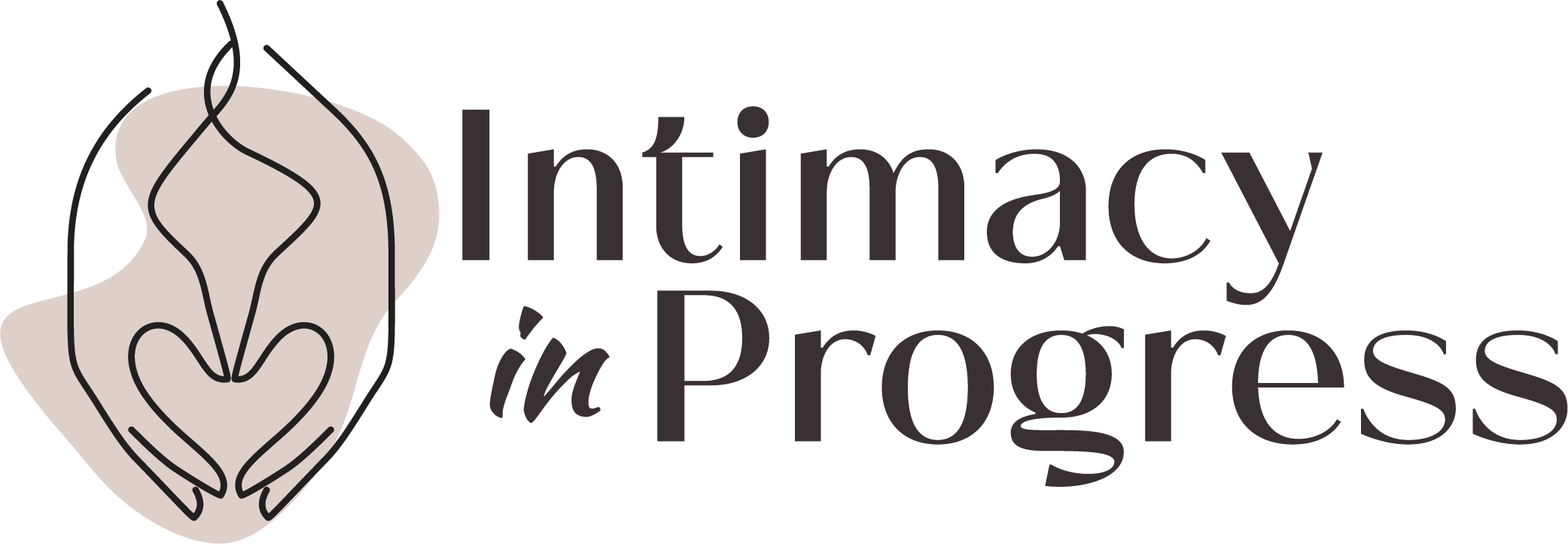When you first considered a polyamorous lifestyle, you weren’t thinking about therapy. You were thinking about freedom, love multiplied, a rich emotional tapestry of connection. Yet, two months into trying to navigate a new relationship structure—one involving your long-term partner, plus a new romantic interest—you found yourself feeling less like the star of a French New Wave film and more like a traveler stuck at a chaotic airport terminal, trying to decipher unfamiliar signage. It was around this time that the idea of seeking professional help started to seem less like a defeat and more like a smart, necessary next step.
A New Relationship Frontier
Polyamory: the word can conjure images of breezy brunches with your nesting partner, your metamour (the partner of your partner), and whoever else pulls up a chair—maybe even your best friend who’s taken a curious interest in what all this really means. In popular culture, polyamory struts through the zeitgeist as a boundary-pushing alternative, a forward-facing answer to the constraints of traditional monogamy. And while it’s easy to celebrate the freedom and openness, there’s a lot more going on beneath the surface than a rotating cast of date nights and group chats with intriguing emojis.
Expanding a relationship from “just us” to “us and a few others” isn’t a simple matter of adding water and stirring. Polyamory calls for emotional dexterity, time management you’d expect from a Fortune 500 CEO, and communication skills that put even the most poised diplomat to shame. The reality is that new and seasoned polyamorous folks alike often find themselves wrestling with insecurities, negotiating boundaries, and grappling with good old-fashioned jealousy—emotions that don’t vanish just because you’ve chosen a more fluid romantic script.
The Need for Solid Guidance
Enter the “Foundations of Polyamory” intensive therapy sessions, a space crafted for individuals, couples, and polycules who want to ensure their relationships rest on something sturdier than guesswork and crossed fingers. Think of these sessions as the architectural blueprint for an ambitious home addition. Without professional guidance, you might guess at load-bearing walls or hope the new rooms don’t tilt into chaos. With a seasoned therapist—someone who doesn’t bat an eyelash at words like “NRE” (that’s New Relationship Energy) and “fluid bonding”—you have the opportunity to learn how to build a structure that supports everyone’s emotional weight.
This is counseling that recognizes you’re carving out new territory where love and security must play nice with freedom and fluidity. You’ve likely got a laundry list of hopes: to find a steady emotional rhythm, to avoid the communication pitfalls that snared you in previous attempts, to understand your partner’s insecurities—and your own—as something you can actually talk about. The intensive therapy approach is designed to meet these needs head-on, treating emotional growth and relationship clarity as achievable, everyday goals.

Starting Poly
Foundations of Polyamory
- Setting Healthy Boundaries
- Managing Jealousy
- Perceptios of Polyamory
What You’ll Uncover in the Intensive
So what happens once you’re in this world—once you’ve settled onto that (hopefully) comfortable therapy couch or logged onto that secure video call? Expect a combination of candid conversation, emotional excavation, and practical skill-building.
Communication That Doesn’t Duck the Hard Stuff
You’ll start by examining how you talk about what matters most. Do you tend to shrink from difficult conversations until resentment festers? These sessions aim to dismantle that pattern. With a skilled therapist guiding the exchange, partners practice voicing concerns around jealousy, time allocation, or evolving sexual boundaries. Nothing’s brushed under the rug; the rug is lifted, shaken out, and re-laid with intention.
Boundary-Setting and Overcoming Jealousy
Polyamory can often feel like an advanced-level trust exercise. While trust and honesty are the oxygen that non-monogamy needs to breathe, it’s helpful to have a pro walk you through the art of setting personal and relational boundaries. How can you frame rules and agreements so they don’t feel like edicts from on high? What does it mean to show compassion for yourself when jealousy creeps in uninvited? These sessions don’t just name-check the concepts; they guide you through the mental acrobatics of implementing them in your real, complicated life.
Emotional Safety and Security
In the polyamorous world, there’s a myth that insecurity has no place at the table. But let’s be real: human beings get insecure. A key focus of the intensive is learning how to view insecurity not as a lurking demon, but as a teacher. By acknowledging doubts, you can better understand what triggers them, what they’re asking you to protect, and how to create an environment where everyone feels seen and supported. The result is a group dynamic with a stronger emotional backbone, capable of withstanding the stressors that inevitably arise.
Personalized Dynamics and Cultural Intelligence
Not all poly relationships look alike. Maybe you have a primary partner and occasional flings, or maybe you and your partners are all committed for the long haul. Each arrangement has its own tapestry of personalities, backgrounds, and cultural perspectives. Good therapy embraces these differences. It’s about discovering what language you and your partners speak best—whether that’s love languages, shared values, or conflict resolution techniques that actually stick.
The Payoff: A New Kind of Confidence
After completing something like the “Foundations of Polyamory” intensive, clients often report feeling like they’ve reclaimed a narrative that was threatening to slip away. They emerge with a heightened emotional intelligence, a keener awareness of how to support one another, and maybe even a bit of that glamour the magazines promised—except now it’s an inner glow rather than a veneer.
This is about developing a skill set that carries beyond the sessions. Maybe you find you can finally tell your metamour, “I’d love it if we could talk about scheduling in a way that makes me feel included,” without your stomach twisting in knots. Or you discover that you have the vocabulary to name a feeling that’s been haunting you for weeks. That’s not therapy talk; it’s emotional fluency.
Beyond the Therapy Room
The best part is that you don’t have to prove anything to anyone but yourself and the people you care about. The “Foundations of Polyamory” intensive isn’t designed to hammer out a rigid formula for what your relationships should be. It aims to give you a versatile toolkit, one you can adapt and refine as your relationships evolve. In a world where love is often portrayed as binary—boy meets girl, kiss, fade to black—choosing a polyamorous path can feel like writing your own script. Good therapy shows you how to use the pen with confidence and grace.
In the end, this isn’t about making polyamory look picture-perfect for an Instagram feed. It’s about understanding that your relationships are living, breathing entities that deserve thoughtful care and structured support. With the right guidance, you can move beyond the novelty and find your way to a version of love that is honest, expansive, and deeply, authentically yours.





